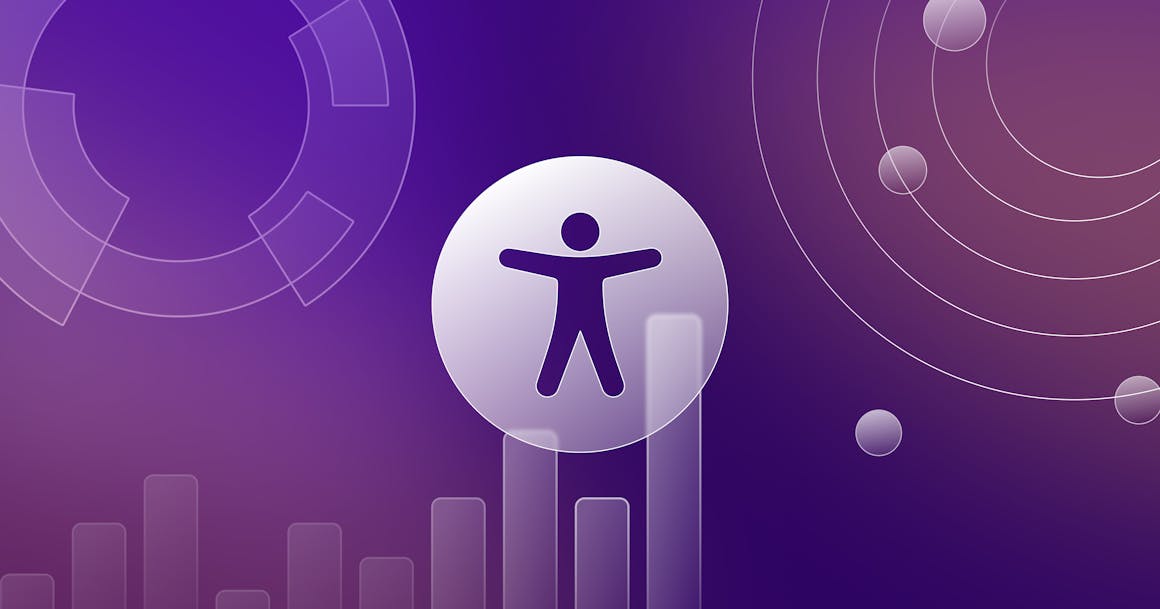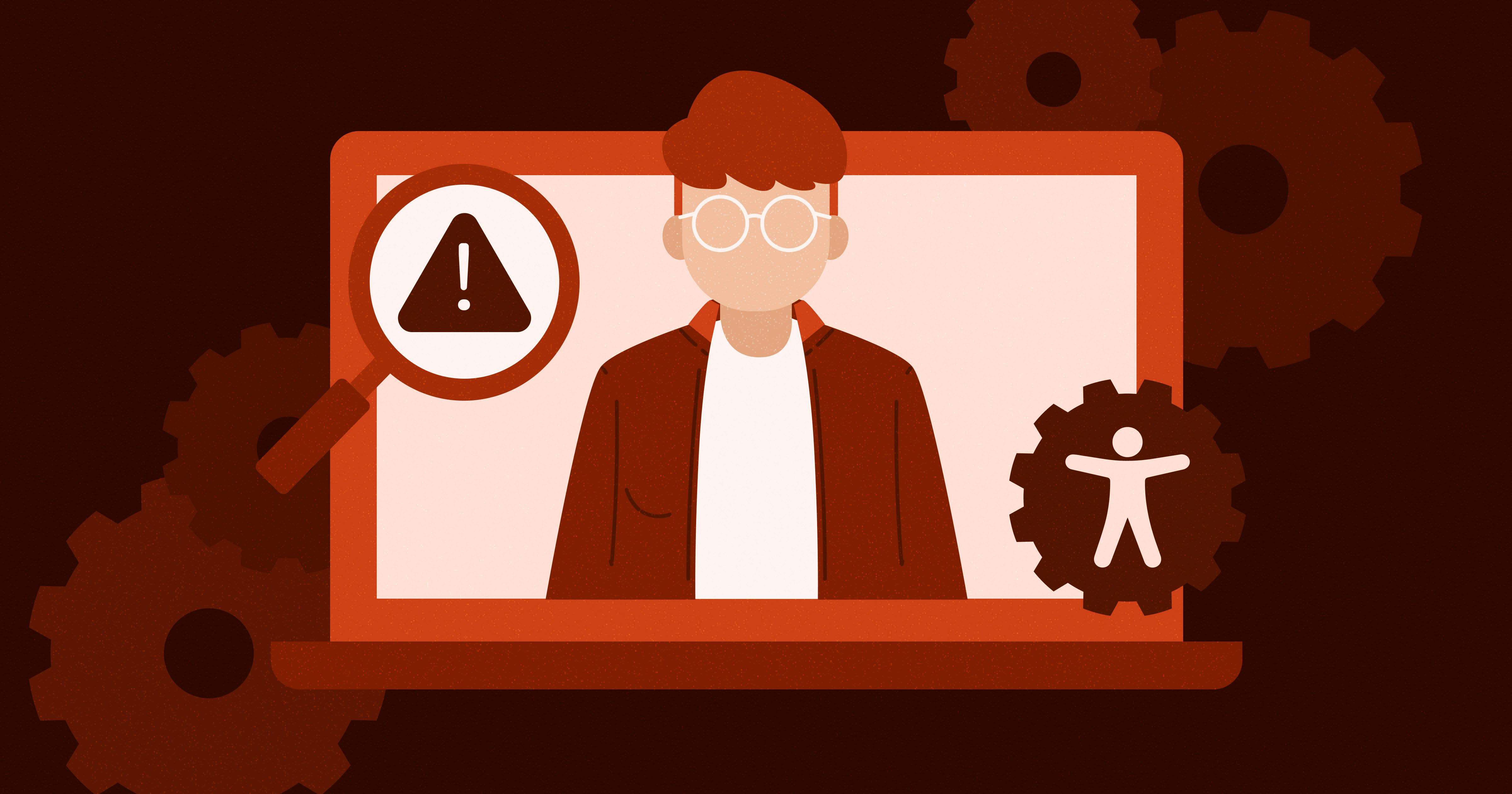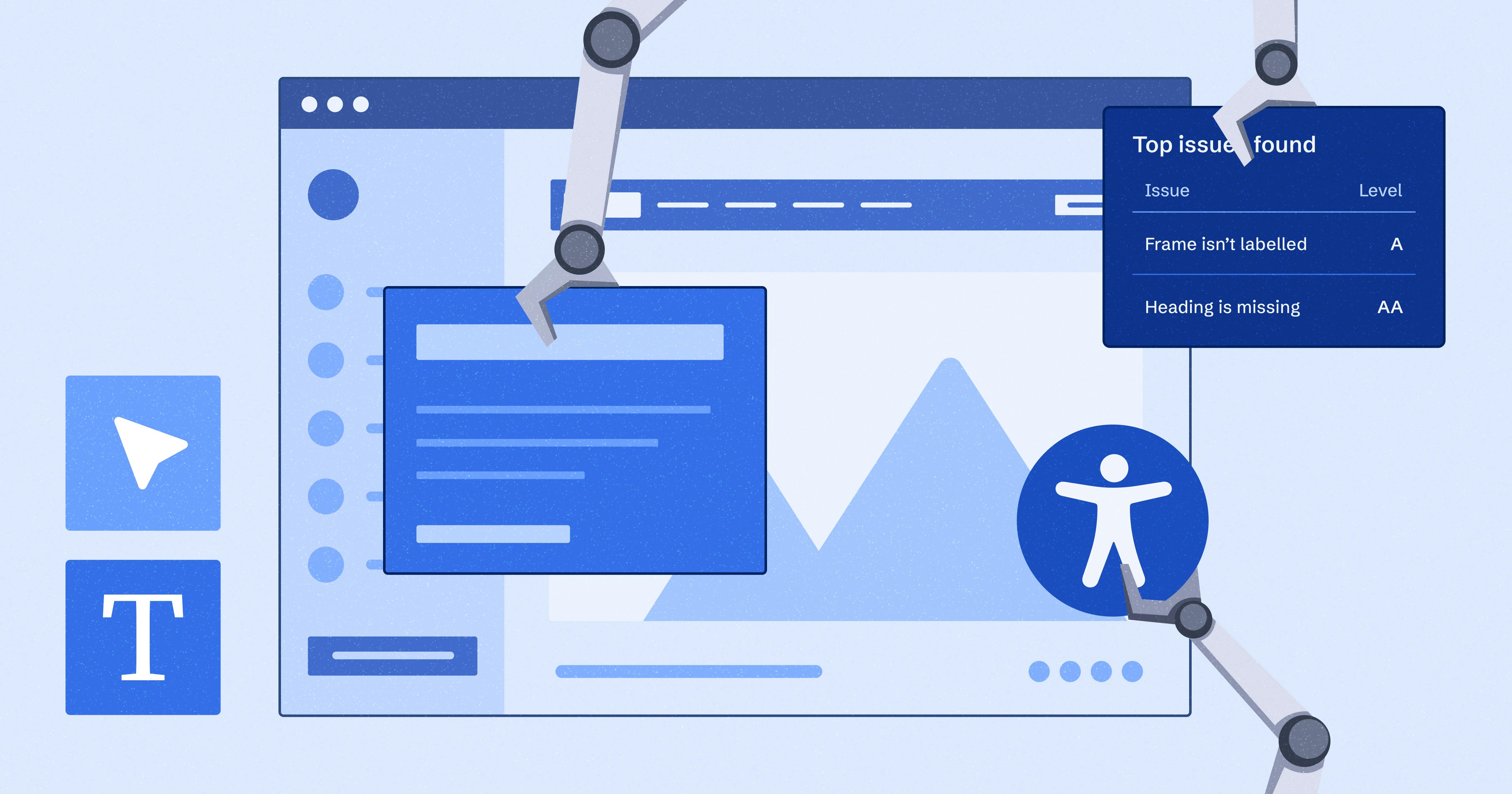Davos 2023: Key Takeaways from the World Economic Forum


Ready to see AudioEye in action?
Watch Demo
In this post, we break down some of the key takeaways from Davos 2023 — and how those might shape the future of digital accessibility and inclusivity.
Against a backdrop of soaring inflation and economic uncertainty, more than 2,500 global leaders — including 47 heads of state — met in Davos, Switzerland last week for the annual World Economic Forum (WEF).
One of the main topics of discussion was the future of work, from both a human and technological standpoint. How would tools like AI and automation shape future workforces? And where exactly would those workforces sit?
In this post, we examine some of the key takeaways from Davos 2023 — and break down how they impact digital accessibility and inclusivity.
1. People Are Buzzing About AI and Automation
If any topic dominated the conversation in Davos, it was the power and potential of generative AI tools like ChatGPT.
In a post recapping his experience, Gautam Adani, the world’s third-richest person, admitted “some addiction” to ChatGPT and called it a “transformational moment in the democratization of AI given its astounding capabilities as well as comical failures.”
There’s little doubt that organizations will continue to explore different applications of AI and automation. However, it’s worth noting — as Adani did in his post — that the technology is not without its limitations.
The same can be said for the role of technology in solving digital accessibility. We need automation to deliver digital accessibility at scale; the internet is too big — and changes too often — for people alone to find and fix every issue.
However, that doesn’t mean automation is ready to stand on its own.
When we audited more than 1,000 websites across popular content management systems, we found that automation can potentially detect up to 70% of common digital accessibility issues — and resolve about two-thirds of them.
Not bad, but not enough to deliver a fully accessible experience for all users.
Just like ChatGPT can still benefit from a human copy editor, certified accessibility experts still have a role to play in finding — and fixing — accessibility issues that escape the notice of automated tools.
2. The Future of Work Is Still To Be Determined
The future of work was another topic of note at Davos, with sessions on everything from quiet quitting to the benefit of evaluating employees and new hires based on their skill sets instead of their work histories.
It’s yet another sign that organizations are still trying to find their footing after the massive upheaval of the COVID-19 pandemic. And even as some organizations push for employees to return to the office, it’s hard to imagine we go back to a world where there isn’t some flexibility.
That’s a great thing for inclusivity.
When COVID-19 forced organizations into remote or hybrid work environments, it removed some of the barriers — from busy office environments to the cost and strain of daily commuting — that have traditionally made it harder for people with disabilities to find steady employment.
In recent months, people with disabilities have reported not only getting more job offers, but ones with better pay and increased flexibility.
This is an important step toward a more inclusive workforce, but it does raise a question for employers: How accessible is your organization, from building a culture of inclusivity to onboarding new employees?
3. Inclusivity Is Also a Major Growth Opportunity
Plenty of business leaders also stressed the importance of inclusivity, and noted that tapping into underserved markets could provide organizations a competitive edge.
And while the conversation mostly focused on reaching the billions of people who live in countries that could do “far better” on measures such as “life expectancy, child mortality, and gender parity,” it called to mind the business value of digital accessibility.
Globally, one in six people (that’s more than 1.3 billion people) live with some type of disability. Along with their friends and family, people with disabilities control $13 trillion in disposable income.
There isn’t a business in the world that couldn’t benefit from increasing their total addressable market by 15%. And yet, just 3% of the internet is accessible to people with disabilities.
It’s a big gap, and one that businesses should be looking to close.
Take the First Step Toward a More Accessible Website
Want to see where your website stands today? Get a free scan of any URL to uncover accessibility barriers on your site.
Ready to see AudioEye in action?
Watch Demo
Ready to test your website for accessibility?
Share post
Topics:
Keep Reading

How to Test Website Accessibility Without Automation Tools
Accessibility testing your site without automation can be costly if done wrong. Understand how to go about it, and why a hybrid approach may be better.
accessibility
April 02, 2025

AI Accessibility Tools: Benefits, Limitations, Applications, and Recommendations
AI makes finding and fixing accessibility issues faster and easier, but do they ensure compliance and great UX by themselves? Here’s our verdict.
accessibility
March 31, 2025

Improving Healthcare Delivery: How Quality Tech Products are Shaping the Future of Care
Discover how high-quality tech products are transforming healthcare delivery, improving patient outcomes, and future-proofing the industry. Learn key tech innovations and why accessible, inclusive design is critical.
accessibility
March 26, 2025
